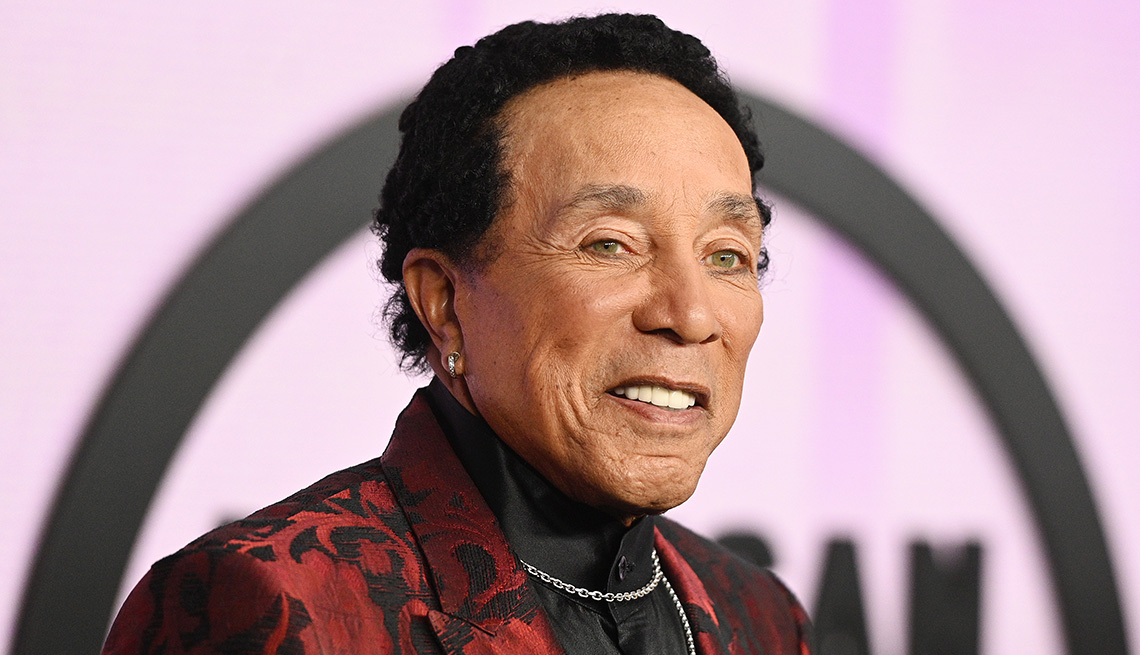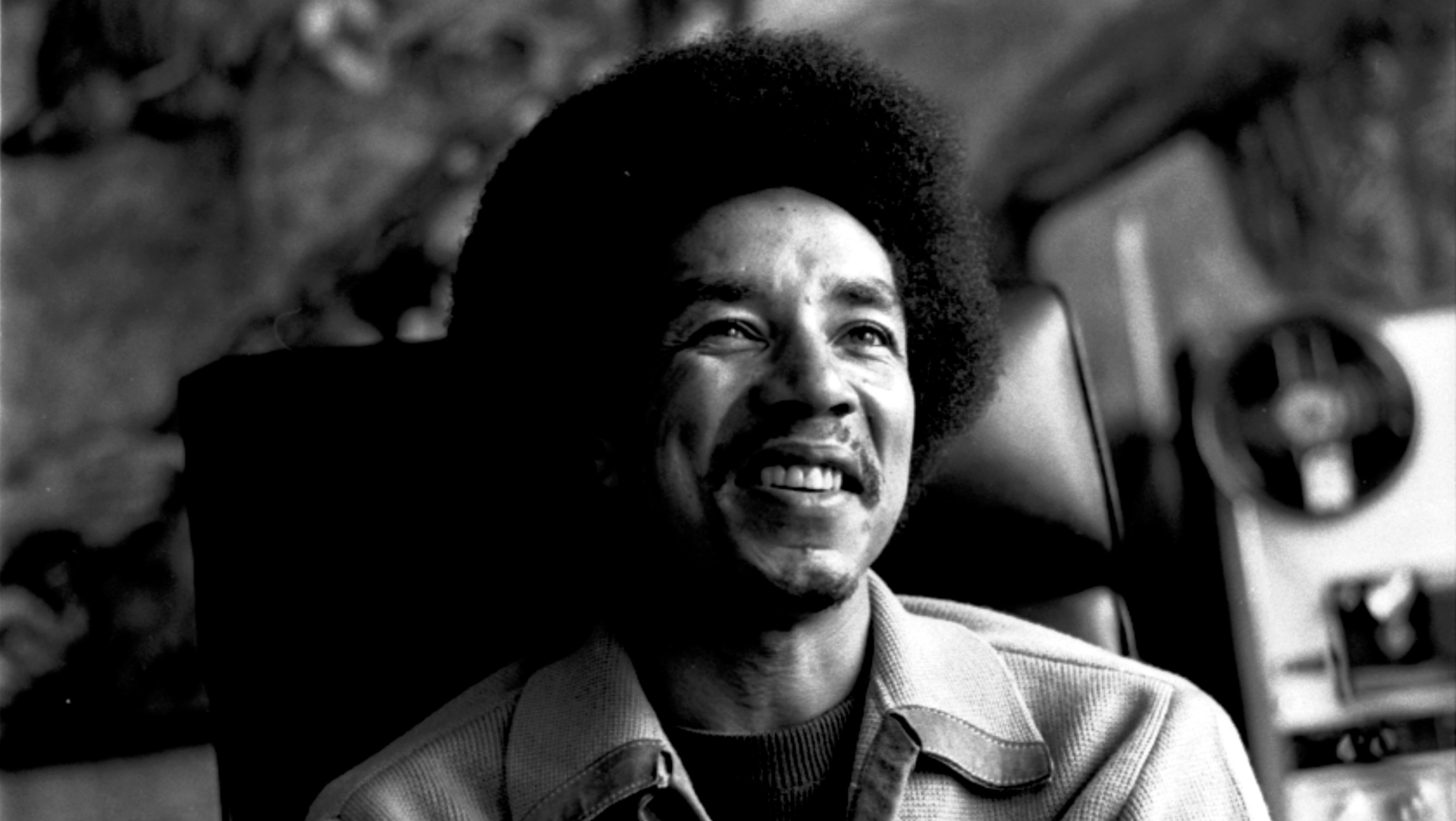The voice that once defined love, romance, and hope for a generation is now drowning in controversy. Smokey Robinson, the smooth-voiced architect of Motown, whose ballads lifted millions, is now the subject of a shocking criminal investigation by the Los Angeles County Sheriff’s Department. The allegations of assault that swirl around him are more than just headlines — they shatter decades of carefully polished legacy, exposing cracks in the image of a man long celebrated as a gentleman of soul. What was once a tale of humble beginnings and glittering success has curdled into a saga of betrayal, addiction, legal battles, and ghosts that refuse to stay buried.

For years, Robinson was the golden boy of Motown, the poet of passion who wrote songs that defined young black America’s dream of love and liberation. But behind the velvet curtain of fame, his personal life told a darker story. His marriage to Claudette Rogers, the lone woman in The Miracles, seemed picture-perfect onstage — two beautiful people harmonizing as one. Offstage, however, trust disintegrated under the weight of temptation. Smokey’s affairs, most notably his rumored entanglement with Diana Ross, devastated Claudette, leaving her to shoulder the pain of betrayal while continuing to share the spotlight with the very man who broke her heart. For Robinson, love songs were easy to write, but faithfulness proved impossible to live.
The collapse of his marriage unleashed a downward spiral that nearly consumed him. Addiction, once hidden in the shadows, took center stage. He described himself as a “walking corpse,” a shell of the vibrant figure who once commanded stages around the world. Friends watched in horror as the man who gave them timeless classics wasted away, his body thin, his eyes empty. It took the intervention of a church minister — a last-minute lifeline — to pull Robinson back from the edge of self-destruction. Sobriety gave him a second chance, but the demons he battled never truly left.

Even as he reclaimed the stage, the past would not release him. In 2014, Claudette Rogers reignited old wounds with a lawsuit over the rights to the songs they had created together. To her, those songs were not just his triumphs — they were their blood, sweat, and sacrifice. Smokey, however, insisted the law favored him, setting off a bitter legal war that divided fans and cast a shadow over his legacy. The fight dredged up old questions: Was Smokey Robinson the genius the world adored, or a man who took too much credit, even from those closest to him?
The controversies did not stop there. In 1987, Robinson was inducted into the Rock and Roll Hall of Fame as a solo artist, while The Miracles — the group that built his fame brick by brick — were left unrecognized. The decision stunned fans and embittered his bandmates, who felt erased from the story they had helped to write. Smokey’s lone spotlight, while dazzling, left behind a bitter aftertaste that has lingered for decades.
As the years passed, tragedy seemed to stalk him. Friends and icons like Marvin Gaye and Aretha Franklin — voices of an era — slipped away, leaving Robinson to mourn not just individuals, but the death of an entire golden age of music. When the COVID-19 pandemic struck, he once again found himself staring down mortality, isolated and gasping for breath as he battled the virus. He feared not only for his life, but for the one gift that had always saved him: his voice. Miraculously, he survived, but the ordeal left him shaken, frail, and more haunted than ever.

And now, in the twilight of his career, he faces perhaps the most devastating chapter yet. The assault investigation places him under a harsh spotlight, one that no melody can soften. Fans who once idolized his silky tenor now wrestle with a painful dilemma: how to celebrate the music while confronting the man behind it. Is Smokey Robinson a victim of rumor and opportunism, or the perpetrator of sins far darker than anyone dared imagine?
The story is still unfolding, but one thing is clear: the world will never see him the same way again. The crooner who once sang of devotion, tenderness, and eternal love now stands accused of violence, betrayal, and hypocrisy. His legacy, once untouchable, now hangs in the balance, swaying between triumph and disgrace.
As investigators dig deeper and the truth inches closer to the surface, fans and critics alike are left holding their breath. Smokey Robinson, the man who gave the world a soundtrack of love, may soon be forced to face a reckoning that no song can save him from. And in that reckoning lies a haunting reminder: even the smoothest voices can hide the roughest truths.






